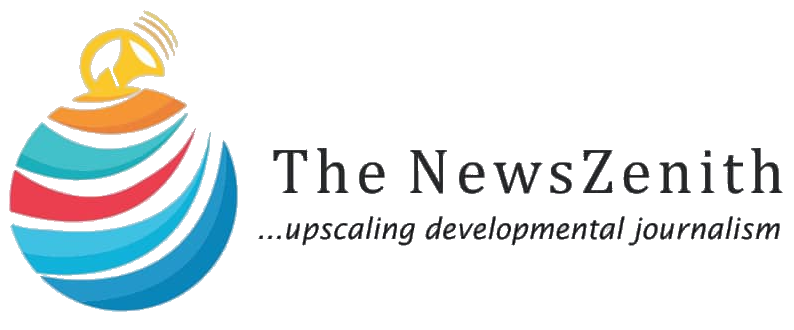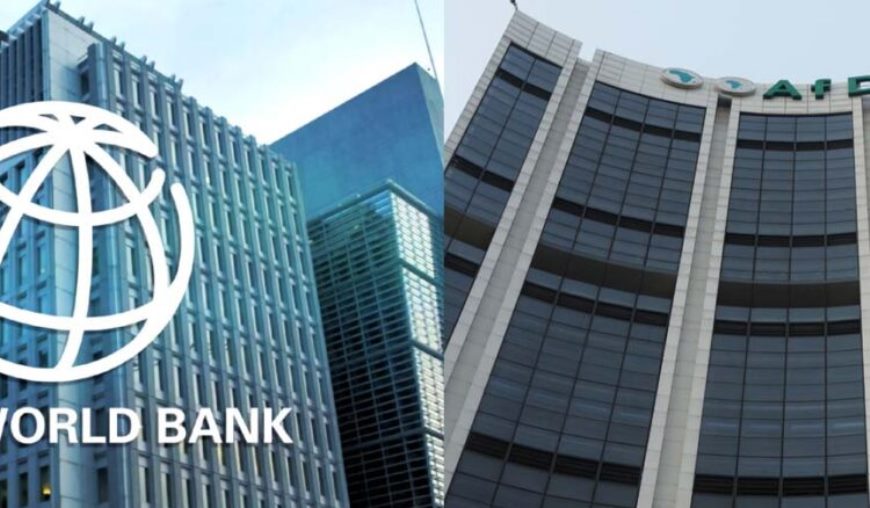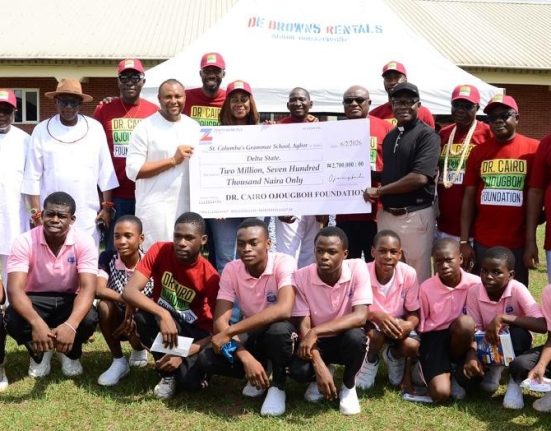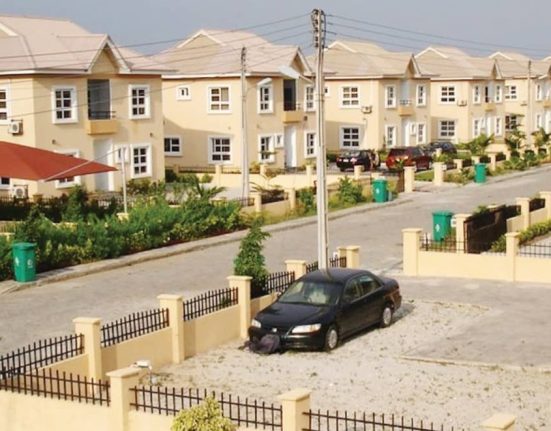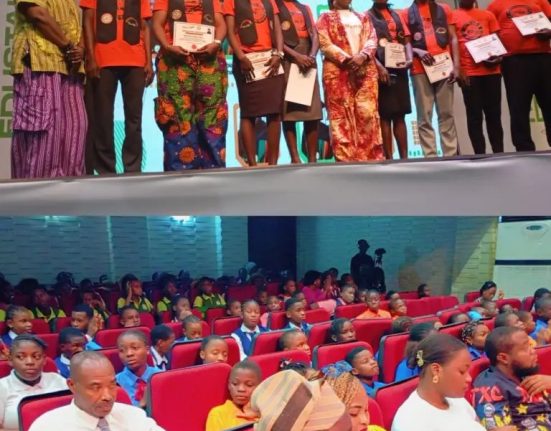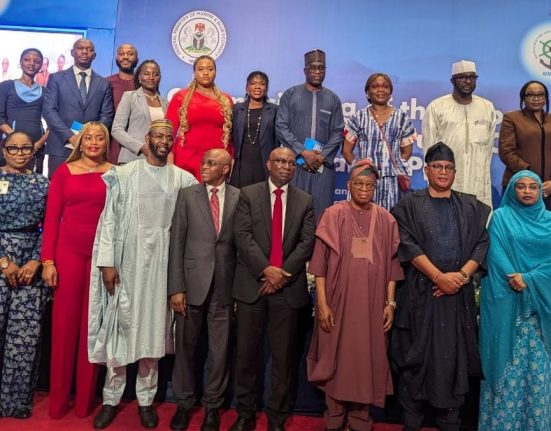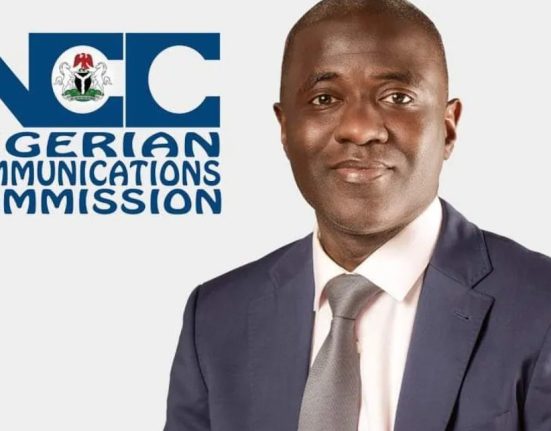
From Our Correspondent
The Federal Government says it is collaborating with development partners, the African Development Bank (AfDB) and the World Bank to provide electricity to some universities and teaching hospitals.
TheNewsZenith reports that the collaborative plan is that highpoint of discussion at the Energising Education Programme (EEP) 2024 Stakeholders’ Engagement Forum (SEF), on Friday, in Abuja.
Mr Adebayo Adelabu, the Minister of Power, remarked that energy access was a critical enabler of education, a cornerstone of progress and development.
Represented by Mr Bem Ayangeaor, Assistant Director, Renewable and Rural Power Access in the ministry, Adelabu said that studies have consistently demonstrated the profound impact of energy access on educational outcomes.
He noted that when schools have reliable electricity, they can extend learning hours.
They can also use educational technology and create safe and comfortable learning environments.
“This, in turn, leads to increased enrolment, improved academic performance, and enhanced teacher/student productivity.
“This is why the government conceptualise the EEP to address the issue of electricity access in our educational institutions.
“Although some universities are connected to the national grid, the consistency and quality of electricity supply can differ substantially, particularly in rural regions,” TheNewsZenith quotes Adelabu as saying.
According to him, many educational institutions in the country are grappling with the challenges of securing reliable and affordable electricity.
He listed these challenges to include infrastructure limitations, financial constraints and technical difficulties.
These, the minister said, are collectively hindering the delivery of quality education and undermining the academic experience.
Despite these challenges, he said there were opportunities for innovation and collaboration.
Read Related News:
- NERC installs 150,000 electricity metres in July-Sept
- Police arraign 2 for stealing N2.5m electricity cables
- TMC urges FG to address escalating electricity crisis
- Transformer theft: Gombe suspends village head, counsellor
- Organised labour throws Nigeria into darkness, shuts national grid.
This is by investing in renewable energy technologies, improving grid infrastructure, and promoting energy efficiency.
The minister said the sustainability of the EEP projects was paramount.
“It is imperative that all beneficiary institutions take ownership of these projects and actively participate in their management and maintenance.”
Earlier, Managing Director of the Rural Electrification Agency (REA), Mr Abba Aliyu, said REA had spent over $250 million on phase one of the project.
“The projects will provide infrastructure, build distribution networks, upgrade sub-stations and meter all connecting areas within the universities.
“The government also used part of the funds to build world-class training centres to train students in renewable energy,” REA boss said.
He noted that SEF, with institutions from all three phases of the EEP, would engage in meaningful dialogue.
According to him, REA is committed to the collaborative agreement to ensure the sustainability of the projects.
Also speaking, the Head of EEP, Mr Olufemi Akinyelure, the government initiated the forum for REA and the universities.
This is to enable them to collaborate, communicate and proffer solutions on ways to move forward on the projects.
He said the Federal Government inaugurated EEP in 2018 to provide a reliable power supply to 37 federal universities.
The seven affiliated teaching hospitals in the country are also benefiting.

Do you have a flair for Citizenship Journalism? Share stories of happenings in your area with TheNewsZenith on WhatsApp: 08033668669 or thenewszenithonline@gmail.com. Follow us on www.tiktok.com/@thenewszenithonline. Also, visit, subscribe and like our videos on YouTube @thenewszenithOnline
